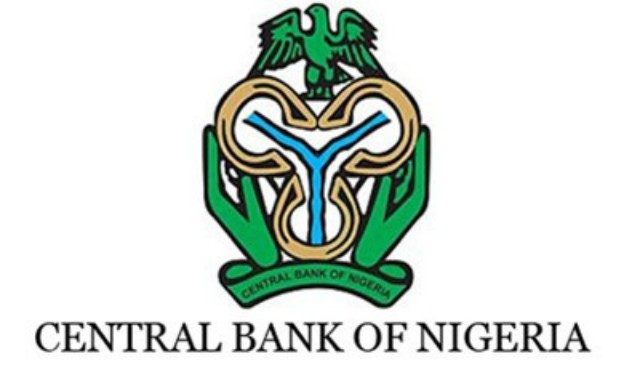General investigations have shown that Nigeria’s weak naira has pushed the country’s external debt up by N13.38tn.
Although the total external debt increased by $490m between the first quarter of 2023 and the second quarter of 2023, the value in naira increased significantly, according to data from the Debt Management Office.
The main reason for the wide margin in naira terms is the naira devaluation, which was triggered by the move by the Central Bank of Nigeria to unify the nation’s foreign exchange rates.
On June 14, 2023, the CBN directed Deposit Money Banks to remove the rate cap on the naira at the official Investors and Exporters’ Window of the foreign exchange market, to enable its free float against the dollar and other global currencies.
It said, “The Central Bank of Nigeria wishes to inform all authorised dealers and the general public of the following immediate changes to operations in the Nigerian Foreign Exchange Market: Abolishment of segmentation. All segments are now collapsed into the Investors and Exporters window.”
This led to an immediate decline in the value of the naira. The local currency fell from its 471/$ to 770.38/$ as of last week Friday at the Investors & Exporters FX window, according to data from the FMDQ Exchange.
Meanwhile, the naira has continued to rise and fall on the Investors & Exporters’ window, worsening further in the parallel market and hitting N1000/$ last week.
Following the unification policy of the CBN, the DMO dumped the N460.35/$ rate it used in Q1 2023 and adopted N770.38/$.
This shows a depreciation of 40.24 per cent in the exchange rates deployed by the debt office.
The DMO data showed that Nigeria’s external debt was $43.16bn in Q2 2023, from $42.67bn in the previous quarter.
In naira terms, the debt rose to N33.25tn in Q2 2023 from N19.64tn in the preceding quarter, showing an increase of N13.61tn.
However, the main reason for this huge increase is more of weak naira than new borrowing.
Using the same exchange rate from Q1 of N460.35/$ for Q2, Nigeria’s external debt would have been N19.87tn in naira terms.
However, the weak naira added N13.38tn to the country’s external debt in Q2 2023.
Credit: punchng.com









































































